

Topics
View All
Christmas Contest
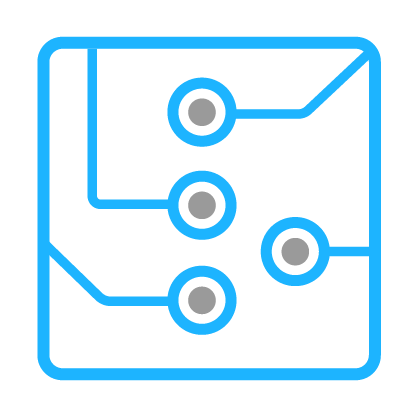
PCB

DIY Electronics

Arduino
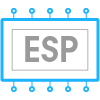
ESP
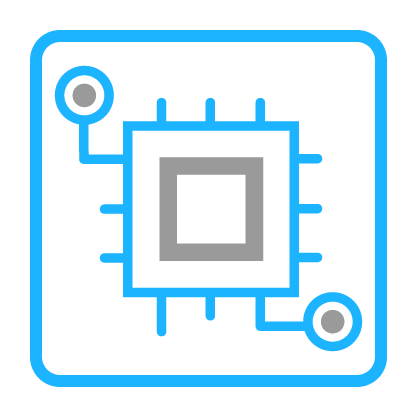
PCB Assembly

LoRa
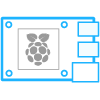
Raspberry Pi
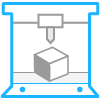
3D Printing

Machine Learning & AI
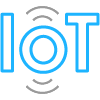
IoT

Acrylic Cutting

Display

Keyboards

Lights

Gaming

Boards & Shields

Health & Medical Devices

Kits

Power Supply

Automotive

CNC

Biometric

Robotics

Prototyping & Fabrication

Actuators

Sensors

Camera

Security

Wearables

Music
We Recommend
What kind of projects would we recommend?
- Great Content: e.g. Introduction / Features / Tutorials / Videos
- Complete Files: e.g. Gerber / Bom / Circuit / Schematic / CAD
- Profound Concepts: e.g. Innovative / Practical / Social contribution

LuckyGift - a real gift
 MakerM0
MakerM0

MakerM0
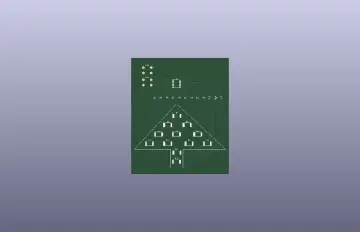
Xmas Tree Badge
 AP
AP

AP
Most Popular
View All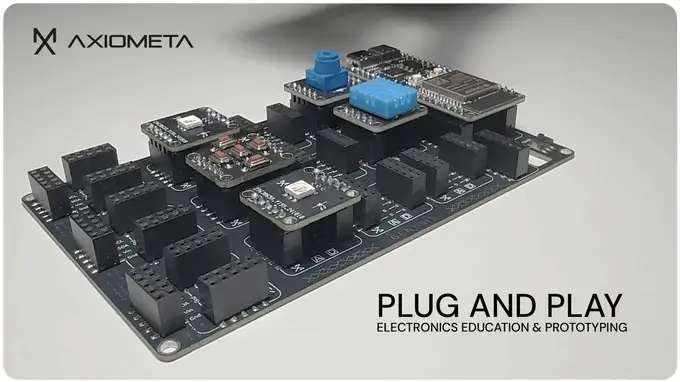
G E N E S I S - Modular Electronics for Innovators
 Povilas Dumcius
Povilas Dumcius

Povilas Dumcius
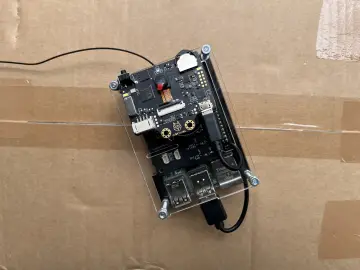
FarmGuard : Farm Security with Cellular IoT and AI
 Samith TM
Samith TM

Samith TM
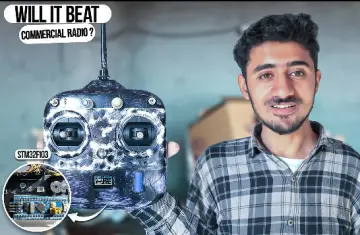
MAKE 8CH RC TRANSMITTER AND RECEIVER USING STM32 AND NRF24L01
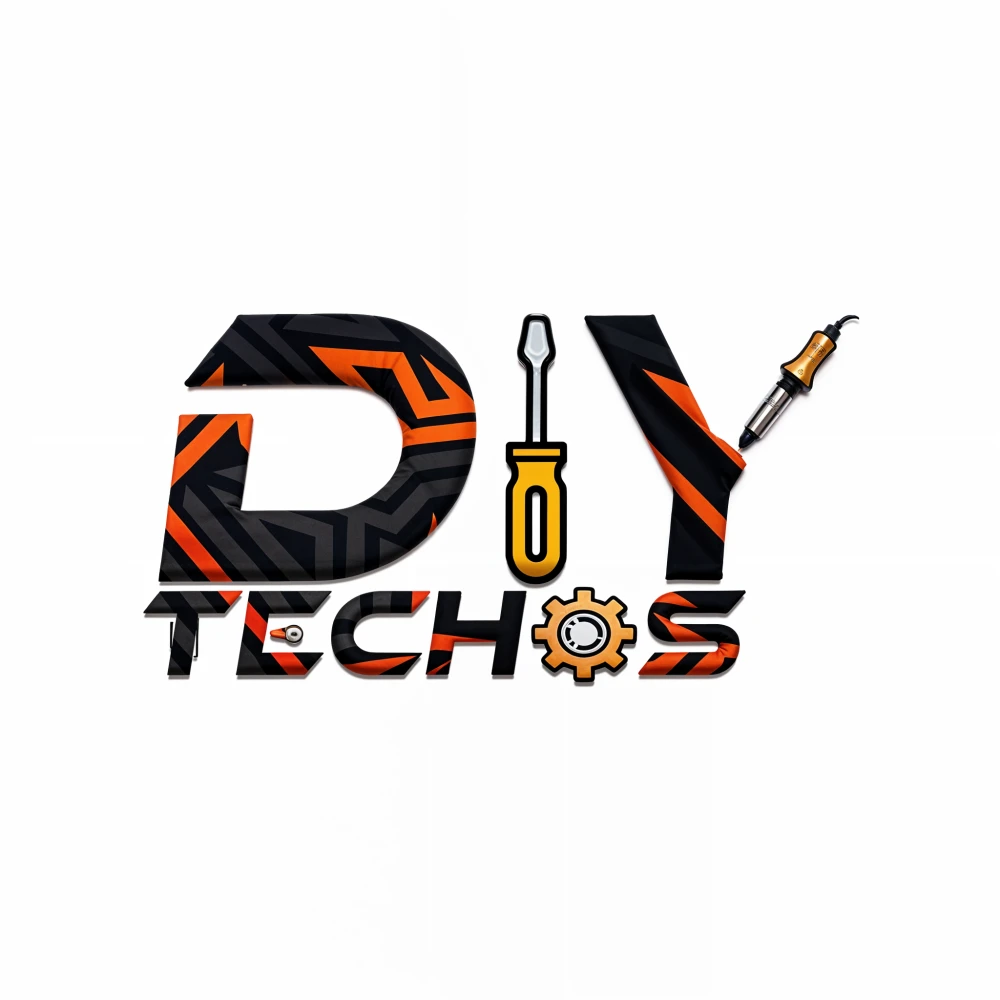 DIY TECHOS
DIY TECHOS

DIY TECHOS

Cosmic Ray Muon Detector
 Robert Hart
Robert Hart

Robert Hart
Latest
View All
Keep your Raspberry PI 5 cool while getting best performance
 Giuseppe Cassibba
Giuseppe Cassibba

Giuseppe Cassibba
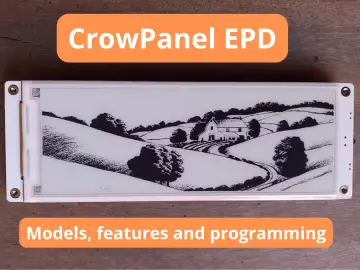
CrowPanel: A Complete Solution for Your ePaper Projects
 profe Tolocka
profe Tolocka

profe Tolocka
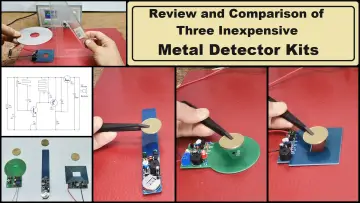
Review and Comparison of Three Inexpensive Metal Detector Ki
 Mirko Pavleski
Mirko Pavleski

Mirko Pavleski

LuckyGift - a real gift
 MakerM0
MakerM0

MakerM0
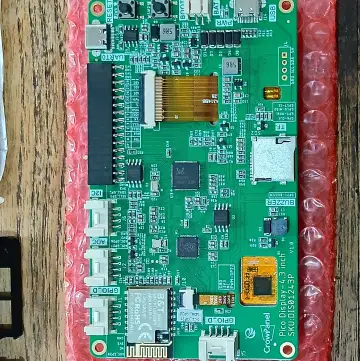
Reviewing the Elecrow Crowpanel HMI 4.3" Display
 Jean Redelinghuys
Jean Redelinghuys

Jean Redelinghuys
Video Tutorials
View All

1 Minute Guide to Learn How Arduino Uno Works
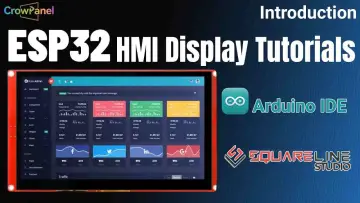

CrowPanel ESP32 Display Tutorials


Elecrow Acrylic Laser Cutting Service


Elecrow PCB Manufacturing and Assembly Process
Blogs
View All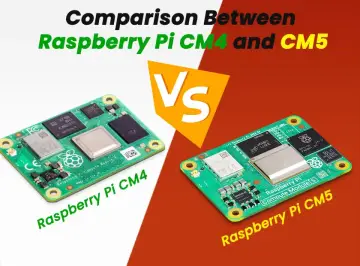
Comparison Between Raspberry Pi CM4 and CM5
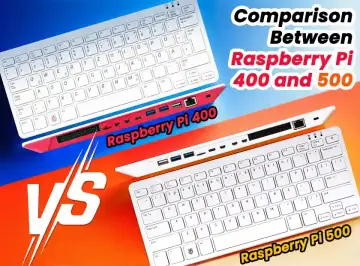
Comparison Between Raspberry Pi 400 and 500
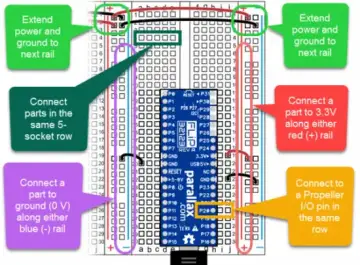
Learn how to use a breadboard in minutes

What Is The Difference Between Mechanical Keyboard And Normal Keyboard?

Share and explore more open source hardware projects!
